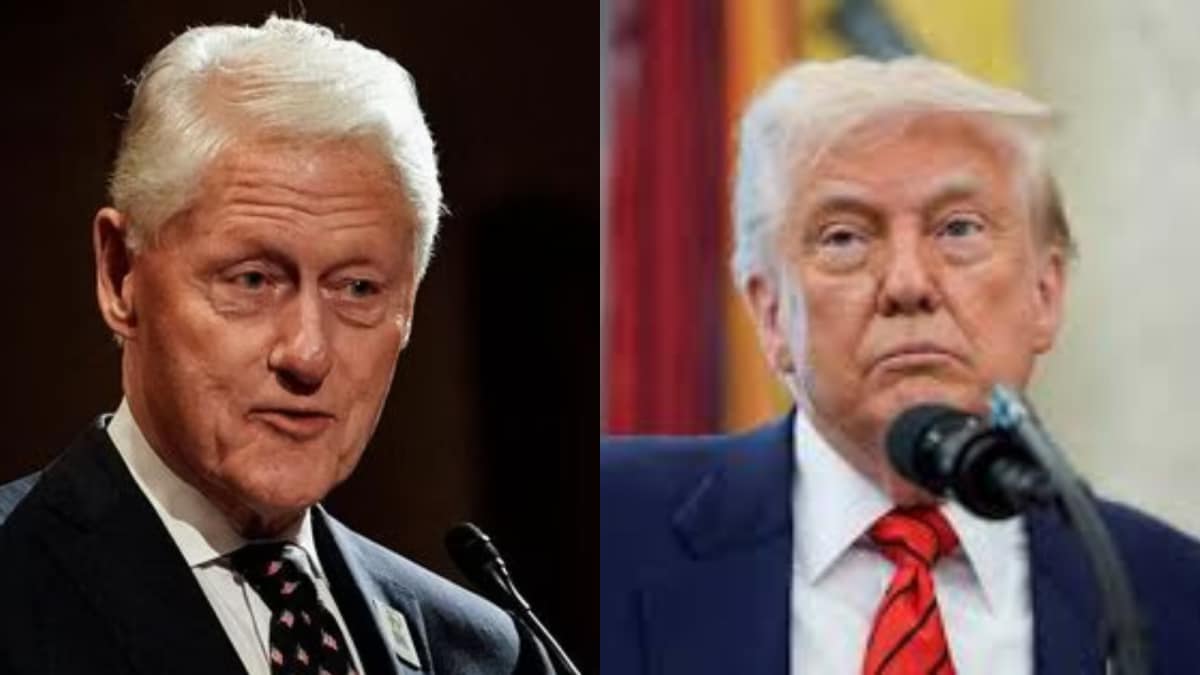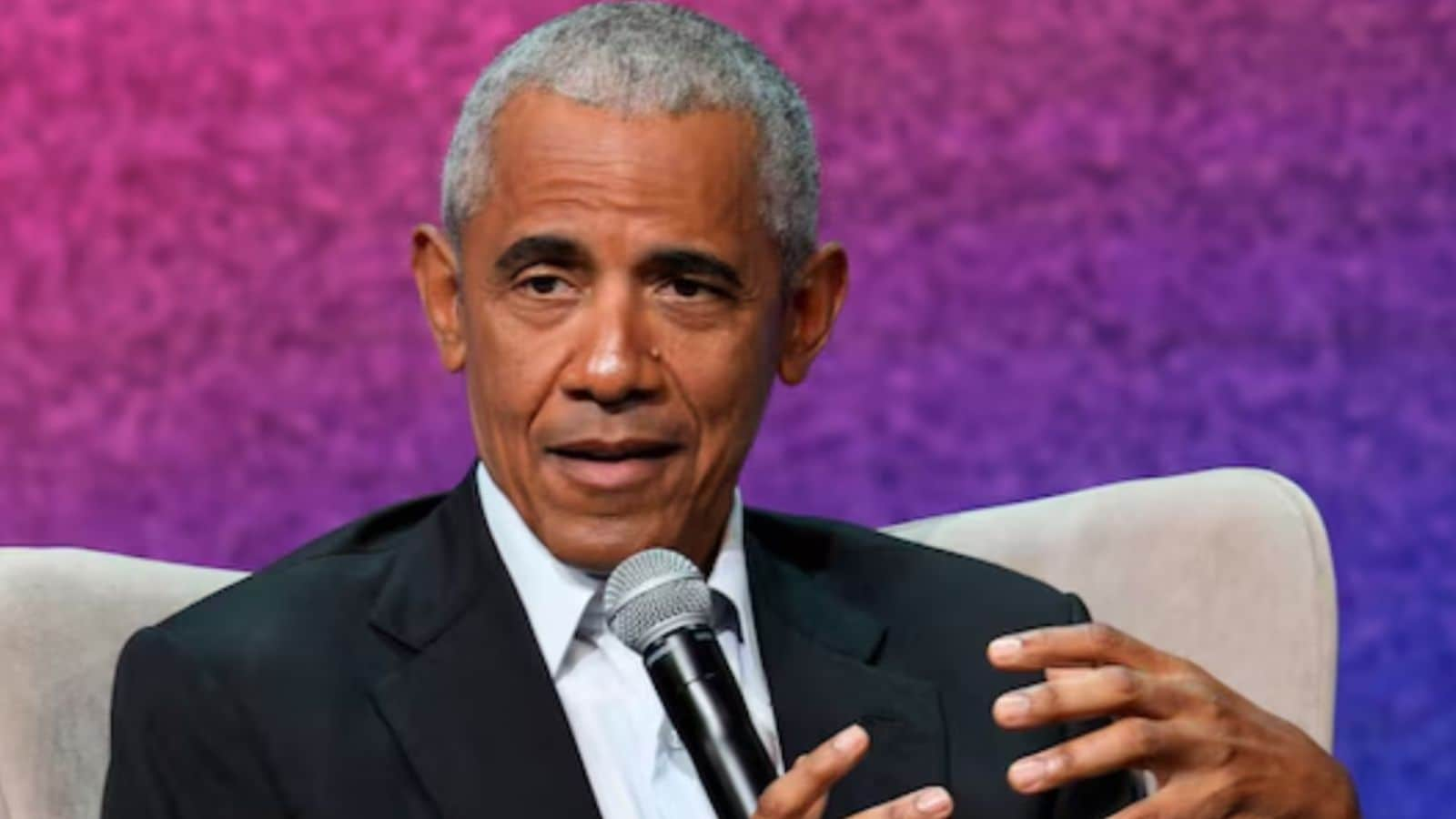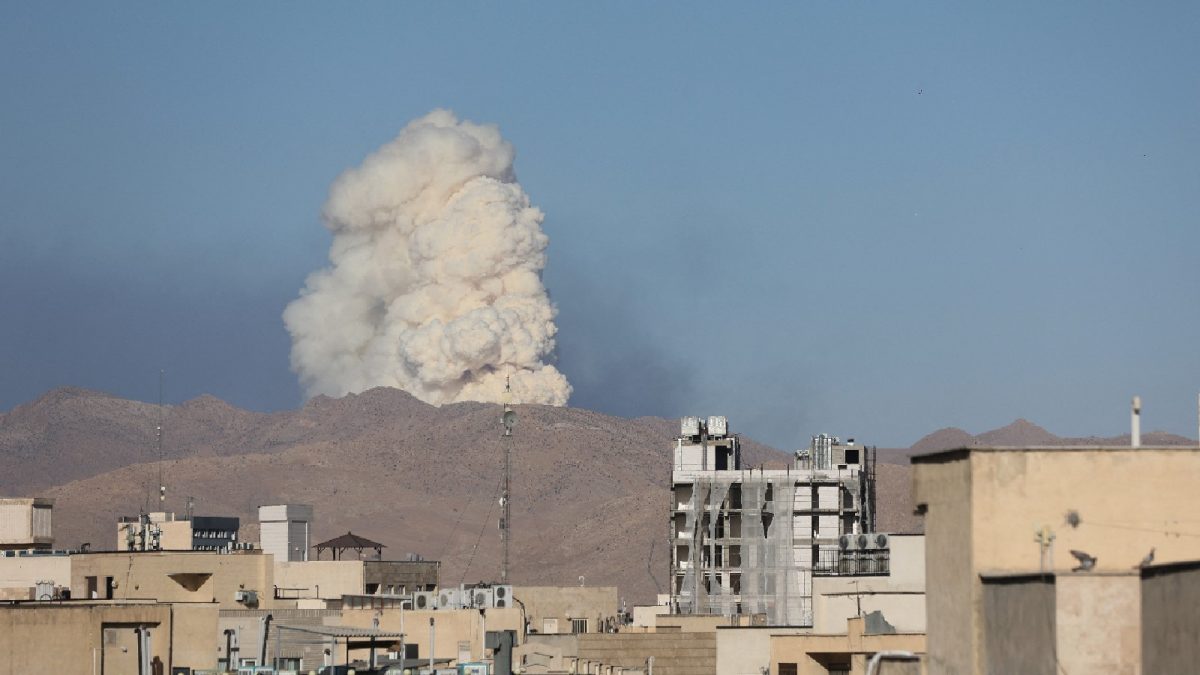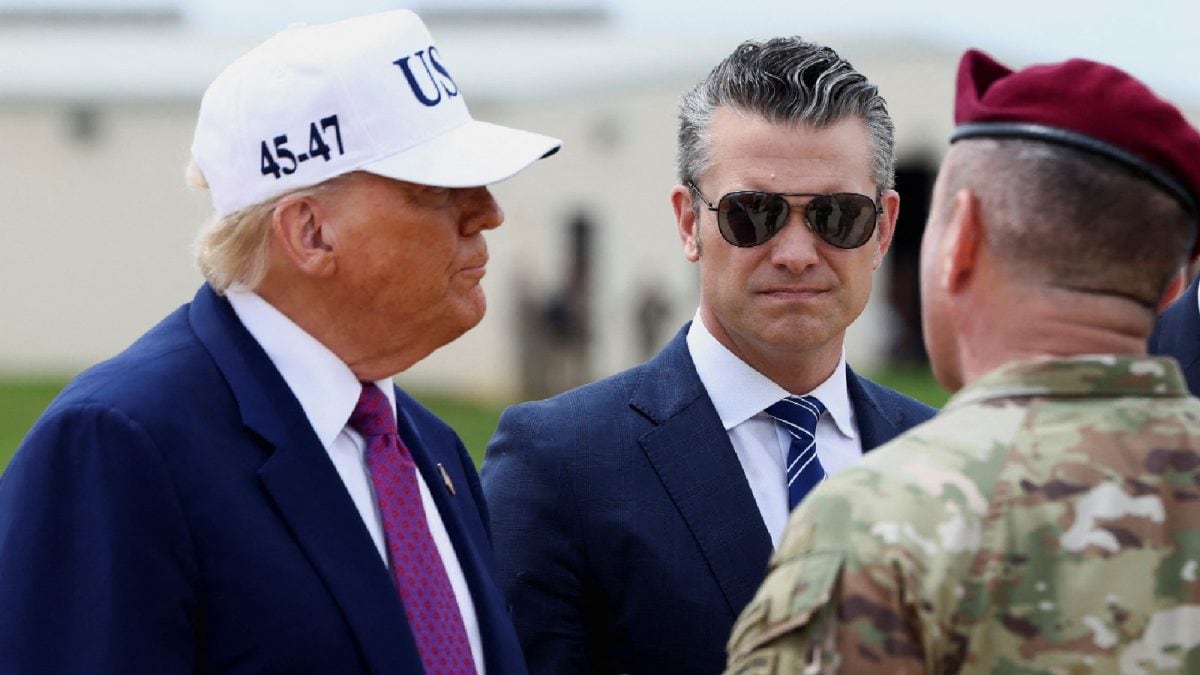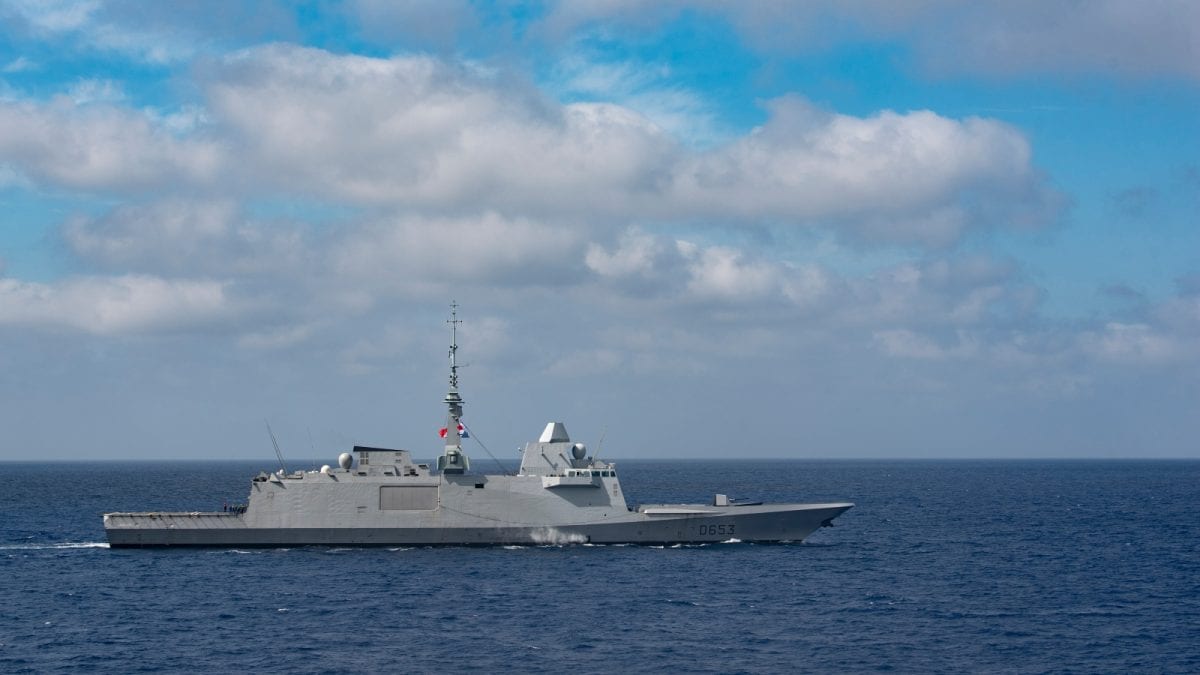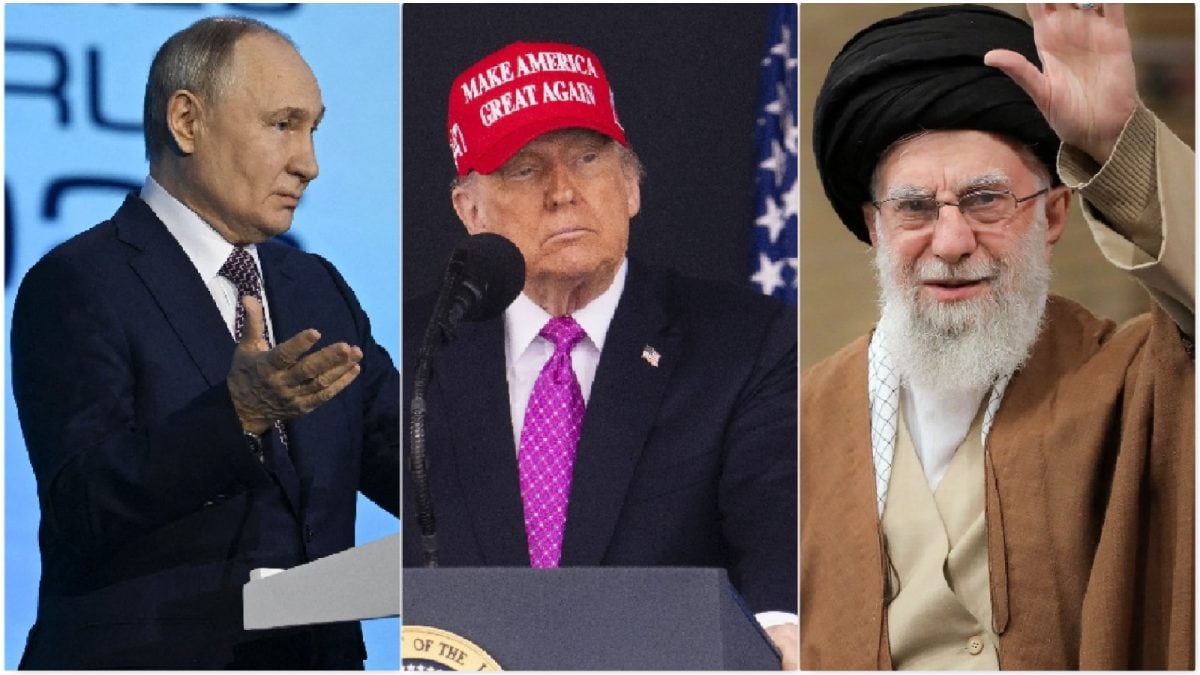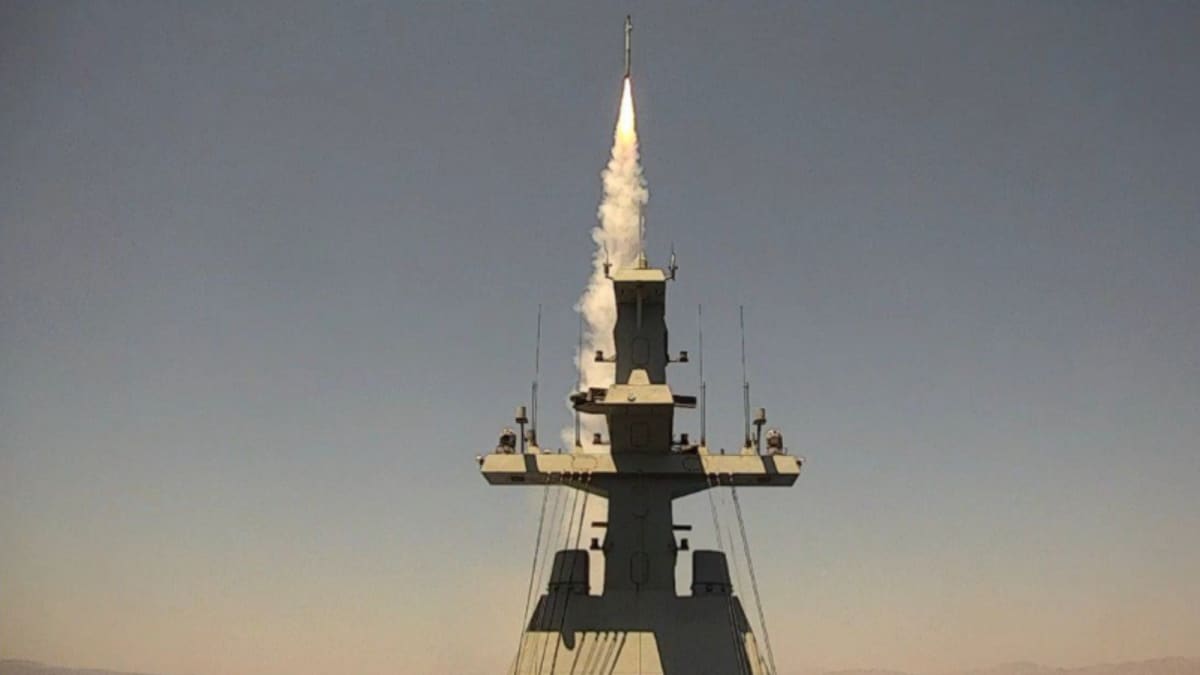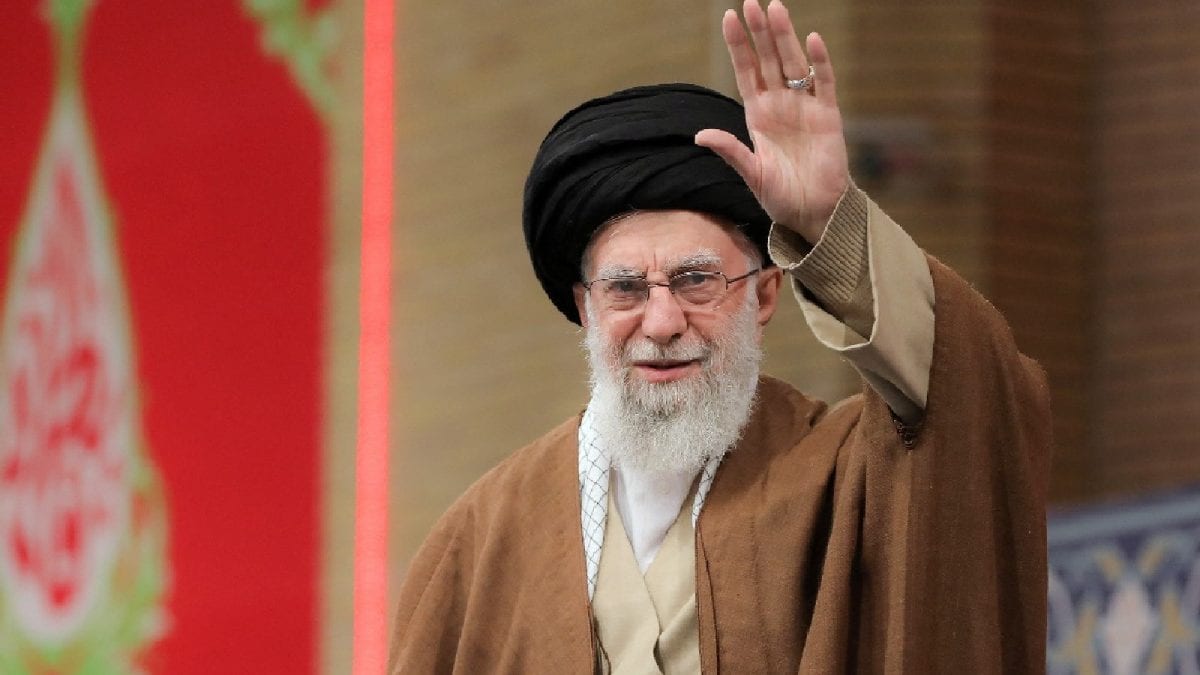Last Updated:June 19, 2025, 15:48 IST
Donald Trump hosted Pakistan Army Chief Asim Munir for lunch, sparking buzz about his Nobel ambitions and raising questions about motives and diplomacy

Experts note that it is highly unusual for a US president to host a foreign army chief for lunch at the White House. (AP)
US President Donald Trump hosted Pakistan Army Chief Field Marshal Asim Munir for lunch at the White House on Wednesday — a rare and unexpected diplomatic move that’s sparked speculation about Trump’s motivations. At the centre of it is Munir’s recent call for Trump to be nominated for the Nobel Peace Prize, praising him for allegedly preventing a nuclear conflict between India and Pakistan. White House spokesperson Anna Kelly confirmed that Munir’s comments were a key reason for the invitation — adding fuel to claims that Trump’s latest foreign policy gesture is less about diplomacy and more about legacy.
Trump’s U-Turn Sparks Controversy
Trump’s hospitality towards Munir marks a sharp shift from his first term in office, when he publicly accused Pakistan of harbouring terrorists and being deceitful in its dealings with the US. His sudden declaration of “love" for Pakistan, combined with this high-profile lunch, has raised eyebrows in Washington and beyond.
Security analyst Derek Grossman highlighted that Trump had even attempted to secretly invite Indian Prime Minister Narendra Modi to the White House on the same day — possibly overlapping with Munir’s visit — a move he called reckless.
“Pretty wild that Trump tried to sneakily invite Modi to the White House today, presumably when Asim Munir would also be present for lunch," Grossman posted on X. “He doesn’t understand the context and history of India-Pakistan tensions at all, and just wants the photo op to win a Nobel Peace Prize later."
Seeking Pakistan’s Support on Israel-Iran Conflict?
Foreign policy analysts believe there’s more to the meeting than just Trump’s Nobel ambitions. With tensions rising between Israel and Iran over Tehran’s nuclear programme, speculation is mounting about a potential military strike if diplomacy fails. In such a scenario, Pakistan’s strategic location and military infrastructure could prove critical to US interests.
Pakistan has historically served as a launchpad for US operations in the region. Analysts also argue that both Washington and Tel Aviv are keen on keeping Iran isolated in the Muslim world — and ensuring it doesn’t gain Pakistan’s backing could be part of that larger strategy.
Who Arranged the Trump-Munir Meeting?
The lunch was facilitated by Sajid Tarar, a Pakistani-American businessman and vocal Trump supporter who also founded the ‘American Muslims for Trump’ group. Tarar hosted a separate community reception for Munir at the Four Seasons Hotel in Washington. At the event, Munir praised the Pakistani diaspora as “true ambassadors" of the country, citing their remittances, investments, and professional achievements.
Why This Lunch Was So Unusual
While previous Pakistani military leaders — including Ayub Khan, Zia-ul-Haq, and Pervez Musharraf — have met US presidents, those encounters took place after they seized political control of Pakistan. Munir, in contrast, remains a serving army chief. Experts say it is highly unusual, though not entirely unprecedented, for a US president to host a foreign army chief for lunch at the White House. The gesture is being viewed as significant — both symbolically and strategically.
India Rejects Trump’s Peace Claim
India has flatly denied Trump’s claim that he helped avert a war between New Delhi and Islamabad. Prime Minister Narendra Modi clarified in a 35-minute phone call that the ceasefire following a four-day military standoff in May was the result of direct talks between the Indian and Pakistani military leadership — with no third-party mediation.
India’s Foreign Secretary Vikram Misri reinforced the government’s stance: “India has never accepted and will never accept third-party mediation in its bilateral issues with Pakistan."
The confrontation in early May stemmed from a deadly terrorist attack on April 22 in Pahalgam, Jammu and Kashmir, which killed 26 people. In response, India launched Operation Sindoor, striking nine terrorist camps in Pakistan and Pakistan-occupied Kashmir (PoK). Pakistan retaliated with missile strikes, but India’s air defence systems neutralised the attacks. The conflict lasted from May 7 to 10 and ended following military-level talks between the two countries.
Is It All Just for the Nobel Prize?
Many foreign policy observers argue that Trump’s meeting with Munir was not just a diplomatic play — but a calculated step in his pursuit of the Nobel Peace Prize. They suggest Trump may be trying to craft a legacy-defining narrative by casting himself as a peacemaker in South Asia, despite a limited understanding of the region’s complex history. Whether this lunch leads to genuine progress or merely serves as a campaign-era photo opportunity remains to be seen.
As the Nobel Committee outlines, the Peace Prize is awarded for meaningful contributions to arms control and disarmament, peace negotiations, democracy and human rights, and broader efforts to build a more peaceful world. Whether Trump’s latest overture qualifies on any of those fronts is still up for debate.
Location :United States of America (USA)
First Published:News world Trump Angling For A Nobel Peace Prize? The Story Behind That Lunch With Pakistan’s Asim Munir

 5 hours ago
5 hours ago
